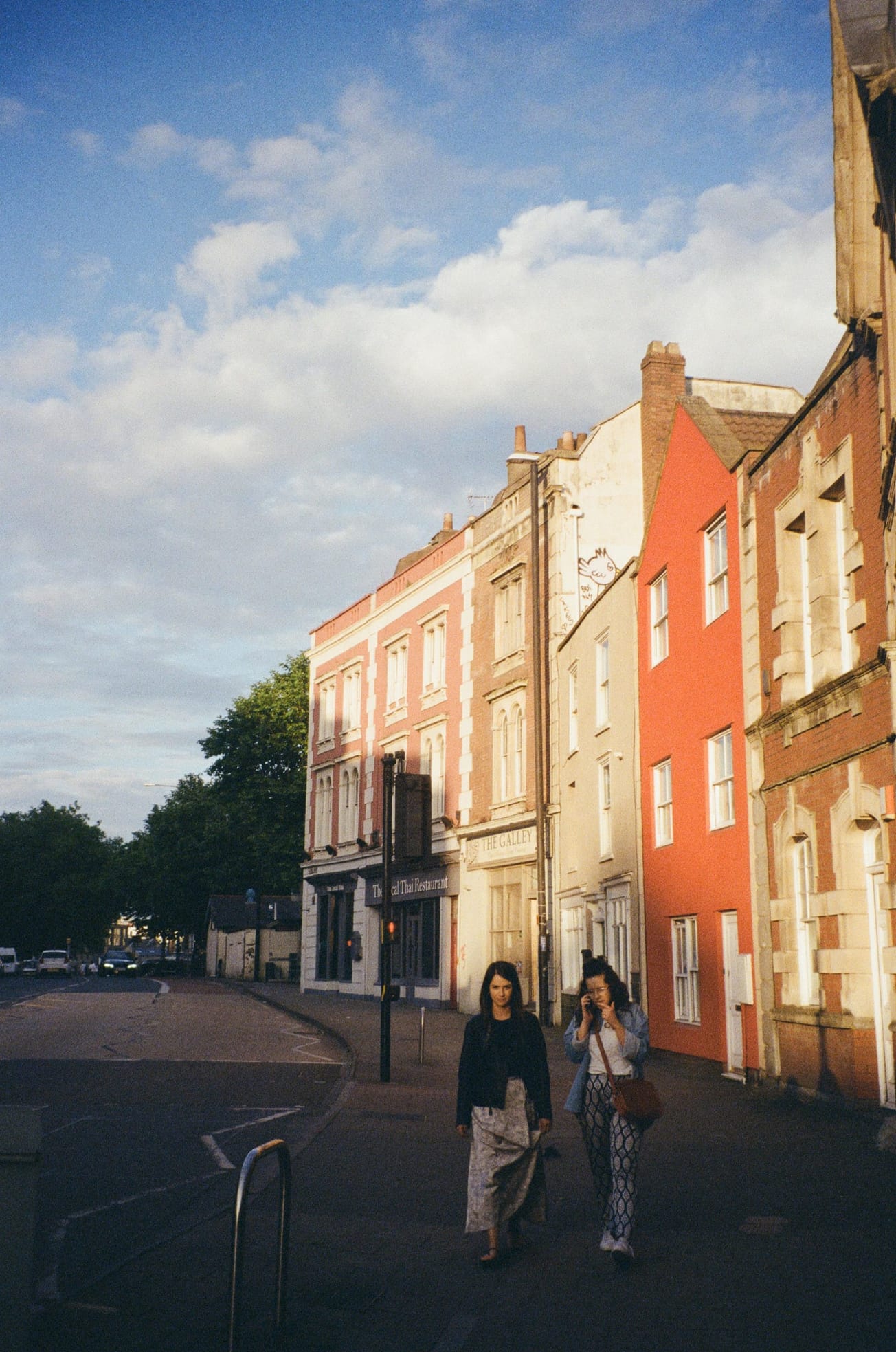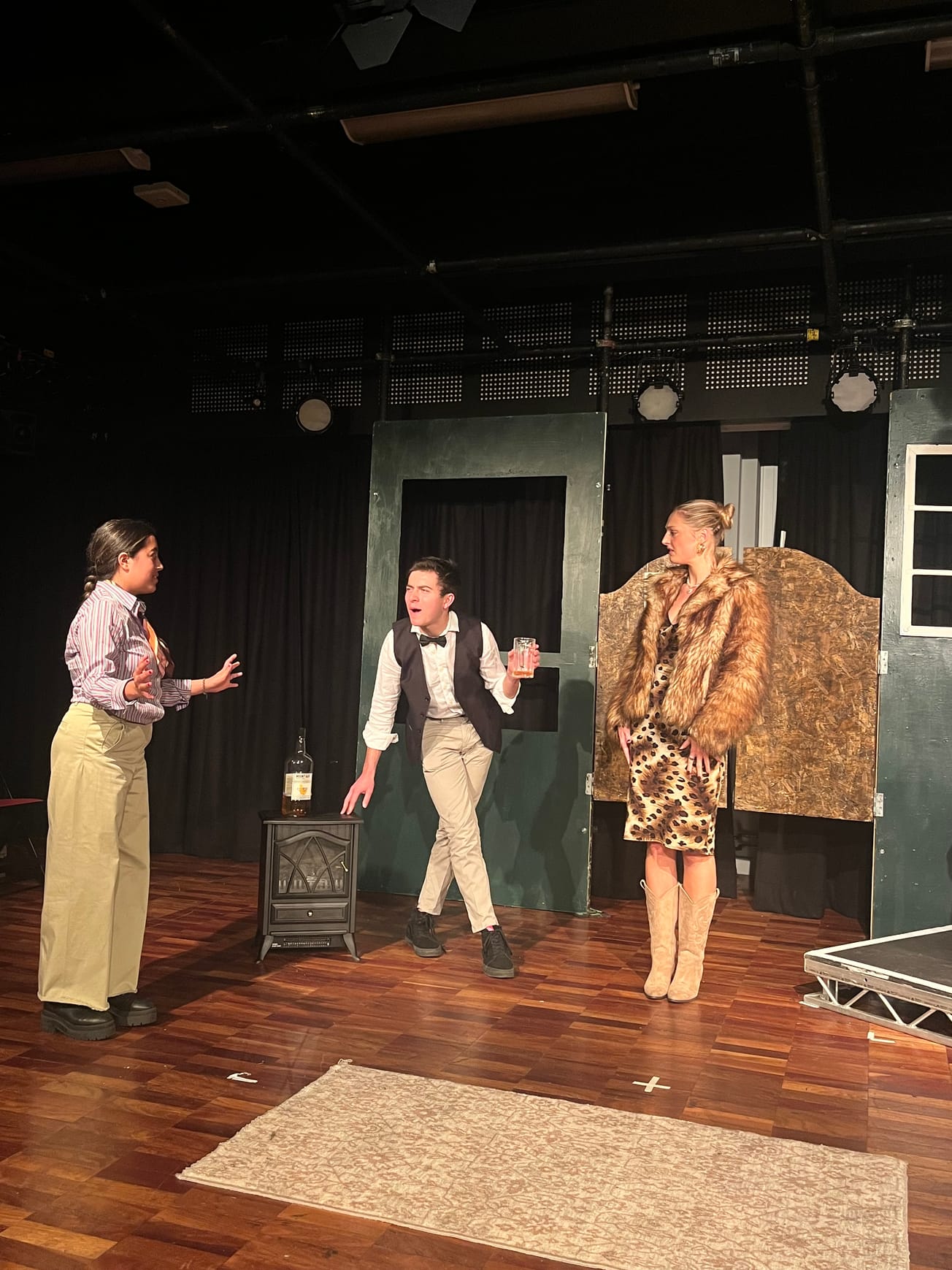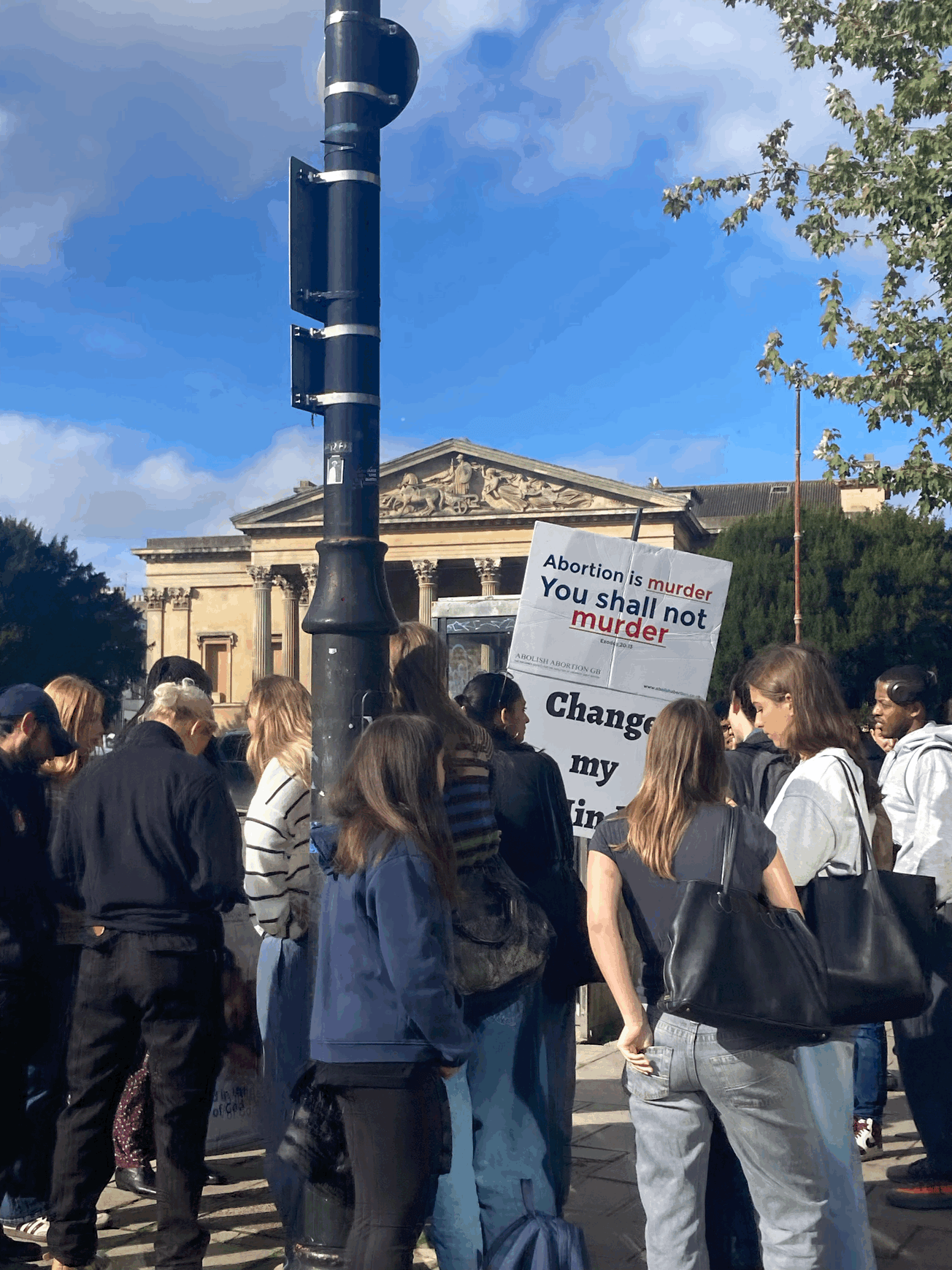By Jessica Lees, Third Year, Politics and Sociology
On the 16th of September 2022, a 22-year-old Iranian woman named Mahsa Amini, died in hospital in Tehran, Iran, under suspicious circumstances. Mahsa Amini was arrested on the 13th of September due to her head covering not being worn properly.
The police claimed that her death was a result of underlying heart issues but in reality, Amini had suffered ‘multiple organ failure caused by cerebral hypoxia, or lack of oxygen to the brain’ according to the IRNA, along with multiple bruises to her body. Meaning that it was the police force’s brutality that brought Mahsa Amini’s untimely and tragic death.
It was the so-called ‘Morality Police’ of Iran that arrested Amini on the 13th of September. Founded in 1940, the police oversee public morality based on their Islamic interpretation of sharia. It is Iranian law that women must cover their neck and head with a headscarf. It was believed by the mortality police that Mahsa Amini was wearing her headscarf incorrectly, which resulted in her arrest to be ‘educated’.
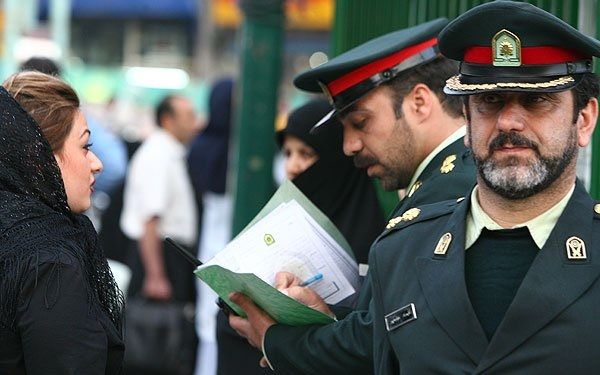
The idea of the morality police is archaic and ridiculously flawed. Giving the power to a set of citizens to solely judge other fellow civilians based on their practices of morality is a straight gateway to corruption and such tragic circumstances as these to consistently reappear.
Furthermore, the creation of moral judges who have the ability to use force and brutality renders extreme violations of freedom, human rights and especially women’s rights. Lastly, the right for overall judgement and punishment in the Islamic faith resides with God ‘The judgment is only Allah's; He relates the truth and He is the best of deciders’ [6:57]. It is the idea that He decides all fates and therefore, the power and judgement of a mortal civilian must be rendered unnecessary.
The judgment is only Allah's; He relates the truth and He is the best of deciders [6:57]
Protests in Iran have continued daily since the death of Mahsa Amini. Protests have taken form in various ways; from women cutting off their hair, to using their art as a creative outlet, all in protest and solidarity. Internationally, protests for Mahsa Amini can be seen in the streets of all countries, one protest I myself witnessed whilst walking through a small part of Venice.
Similarly, here in Bristol a Vigil was held, organised by two local artists and reported on by Epigram writer Shrey Rajesh Kannan. I spoke to two Bristol students to get their opinions on the current events surrounding Mahsa Amini. Lucy Browning said she felt that ‘It is scary that in this day and age women are subjected to such violence for the way they personally dress themselves. It is truly disgusting to witness such events’.
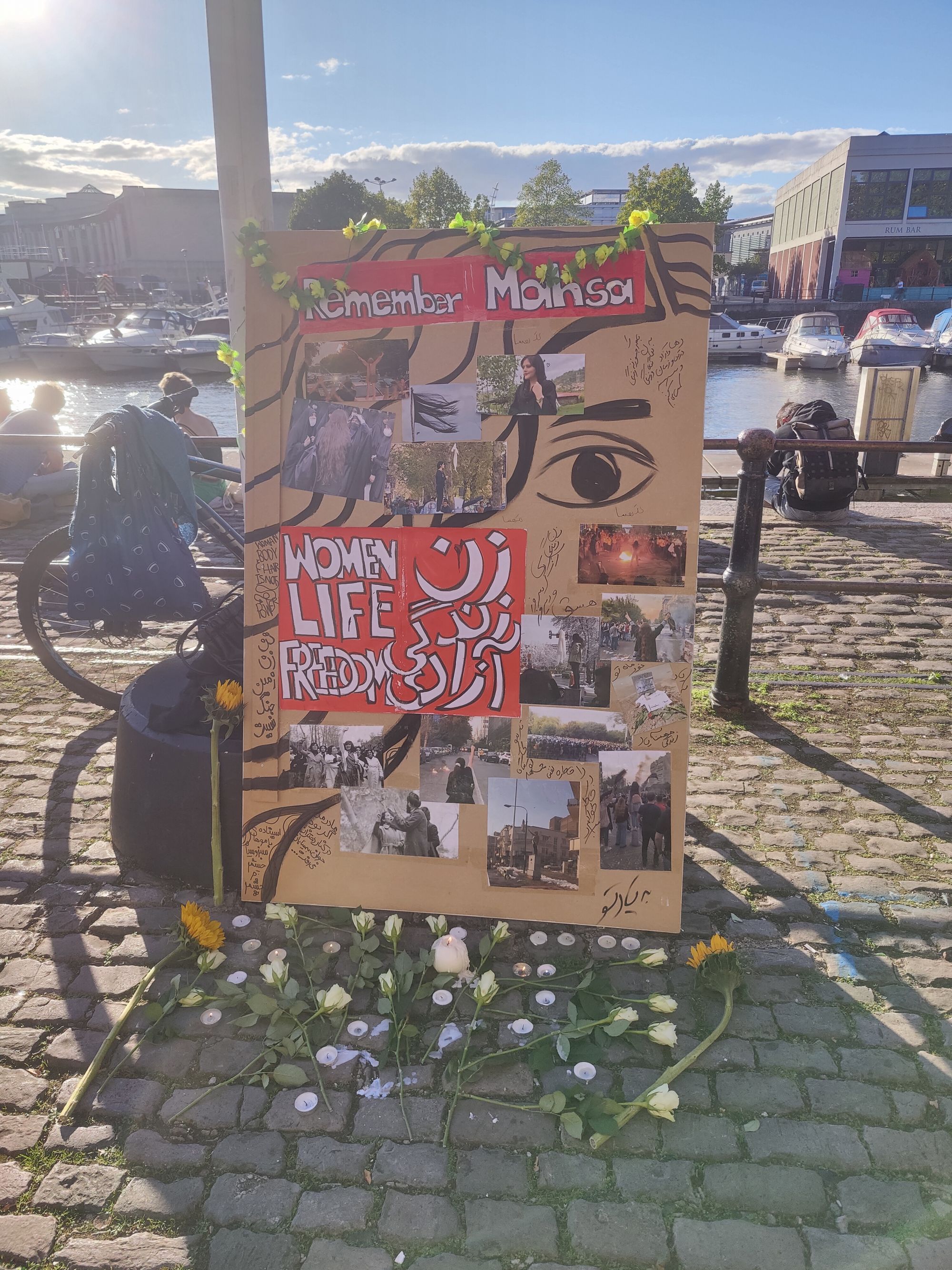
Dana Kattan also said ‘I feel that when something is forced upon people it automatically drives them away from it [wearing the hijab] and makes them resent it. Especially when it comes to something as personal as this, it should come from the people themselves’.
Protests and outrage have also taken form online with the hashtag #MahsaAmini which has been trending and flooding the comments of many accounts with large followings, particularly on Instagram. As a result of these protests of outrage, the Iranian government has restricted the use of the internet, disallowing people access to sites such as Instagram and WhatsApp. Evidently cutting off a vital source for spreading knowledge of this injustice.
‘The internet shutdowns must be understood as an extension of the violence and repression that is happening in physical space,’ said Azadeh Akbari speaking to The Guardian, a researcher of cyber-surveillance at the University of Twente in the Netherlands. ‘Social media is existential to the mobilisation of protesters, not only to coordinate gatherings but also to amplify acts of resistance’.
The Independent has reported that as of the 3rd of October, somewhere in the region of 133 people have died, mostly demonstrators in the protests. Throughout Iran, people and especially women and girls are risking their lives so that they do not face violence for their personal choices.
One of these protesters was 16-year-old vlogger Sarina Esmailzadeh who used her online space to speak about women’s rights and contest the hijab law. According to Amnesty International, she was beaten to death by security forces at a protest in Gohardasht on the 23rd of September.
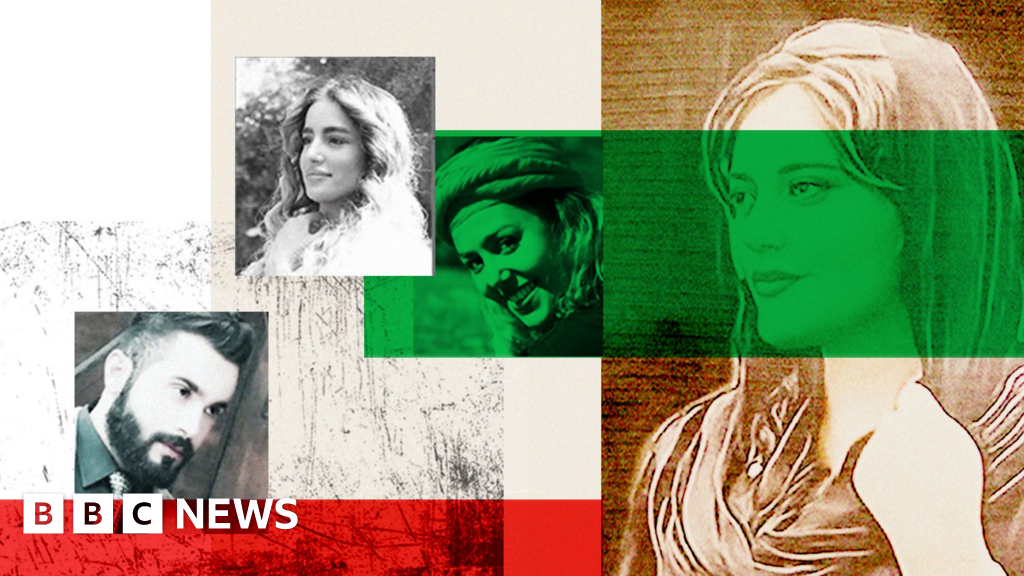
Officials told her family she had died by suicide. Similarly, 16-year-old Nika Shakarami who attended the Tehran protests for Amini was reported missing on the 20th of September, it is claimed that she too was beaten, assaulted and subsequently buried in a faraway town. Officials told her family she had died by suicide.
There are so many more continuing stories like that of Sarina Esmailzadeh’s and Nika Shakarami’s, of innocent protestors who fight against tyranny and have their lives taken as the price.
Malala Yousafzai the women’s rights for education activist, Nobel prize winner and author who has also faced oppression and violence at the hands of a corrupt and barbaric regime, gave her opinion on the recent protests and stood in solidarity.
‘Whatever a woman chooses to wear, she has the right to decide for herself. As I have said before: If someone forces me to cover my head, I will protest. If someone forces me to remove my scarf, I will protest. I am calling for justice for #MahsaAmini,‘ she tweeted.
Whatever a woman chooses to wear, she has the right to decide for herself.
— Malala (@Malala) September 23, 2022
As I have said before: If someone forces me to cover my head, I will protest. If someone forces me to remove my scarf, I will protest.
I am calling for justice for #MahsaAmini. https://t.co/Vi7jVqUHzf
Here we come to the simple idea that oppressors choose not to understand. We as women, as humans, remain to have the right to freedom of expression. We cannot be controlled, and we cannot be silenced, the women and people of Iran have proven so. This is a fight for women to choose and for their choices of expression to be honoured. Internationally, we must stand in solidarity with the women of Iran and use our voices across all platforms to call for justice.
Featured Image: Persian Dutch Network





